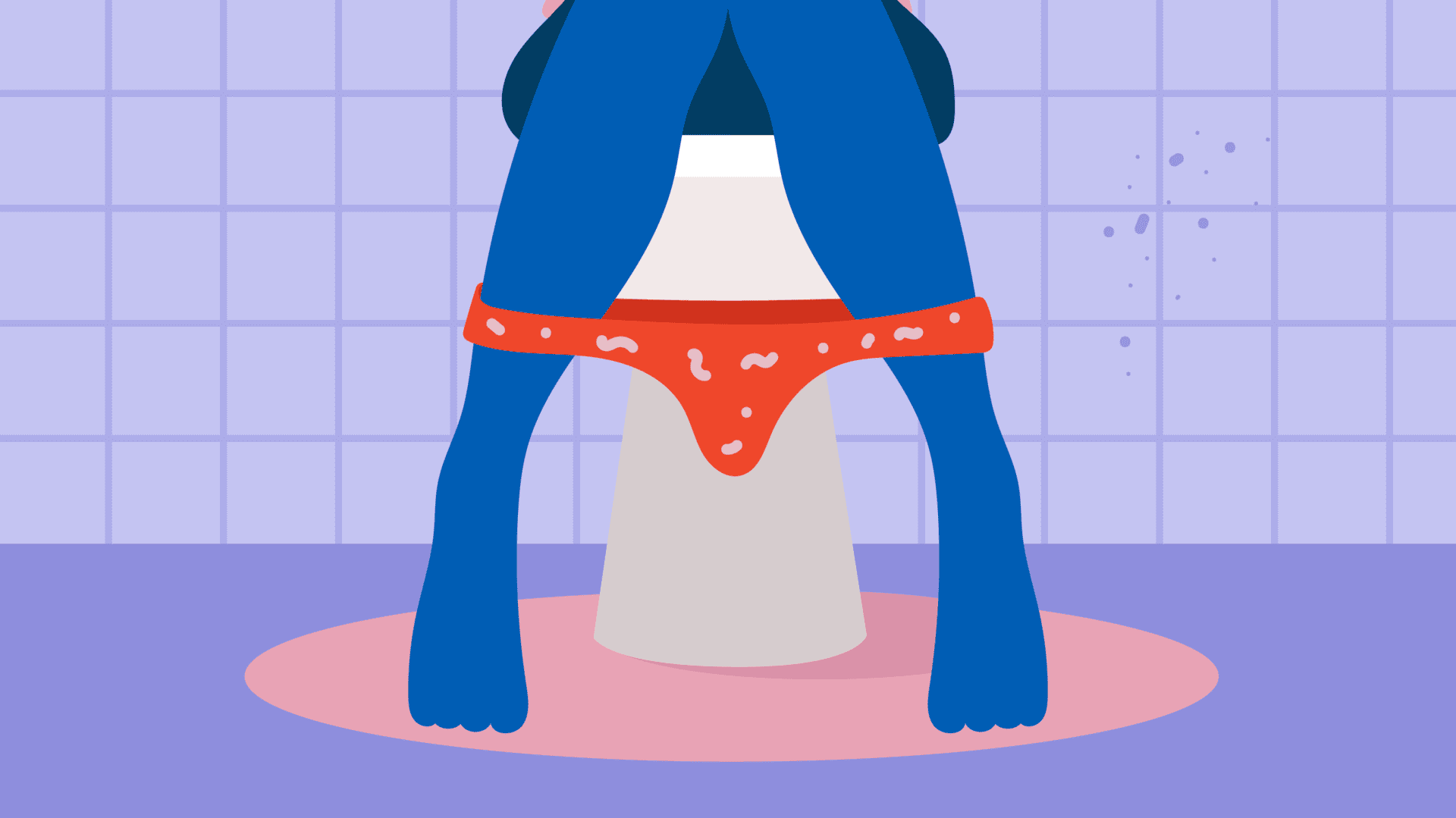The Truth About UTIs & Peeing After Sex

Most women have been told they must pee after sex… or else!
By ‘or else’, we mean you might get a gnarly urinary tract infection. But, how true is this advice? Does peeing after sex make a difference when it comes to preventing UTIs or is that just an old wive’s tale?
Discover whether or not peeing after sex really makes that much of a difference when it comes to preventing UTIs.
What Do We Mean by “Sex”?
First things first, let’s clear up what we mean by saying “pee after sex”. In this context, sex means any activity that could potentially increase your risk of developing a UTI thanks to exposure to bacteria.
This includes:
- Penetrative sex with a toy or penis
- Masturbating with your hands or toys
- Receiving oral sex
- Anal sex
- Manual stimulation “fingering”
- Genital contact with or without penetration
Does Peeing After Sex Prevent UTIs?
No matter how you’re having sex, there’s probably a lot of friction and foreign objects around, all of which can increase your risk of bacteria spreading to your urethra (where pee comes from).
Bacteria that are normally found in all different areas of the body can turn into a nasty infection if they reach your urethra, and travel further up your urinary tract to your bladder, and potentially to the kidneys.
UTIs tend to be more common in women thanks to anatomy. The urethra is closer to the anus than it is for people with penises. That means there’s a shorter distance that bacteria have to travel to reach the urethra and cause an infection.
This is where the idea of peeing after sex comes in. Peeing acts as a power washer to clear out any germs that have made it into your urethra before they have the chance to develop into an infection.
That’s the idea at least – but is it actually true? Yes and no.
Most gynecologists back up the idea of peeing after sex, and many people with vulvas will anecdotally say that it works. That being said, researchers have not been able to prove that peeing after sex always prevents UTIs.
How To Prevent UTIs
While scientific studies don’t clearly back up the idea of peeing after sex, it may help you if you’re prone to UTIs. Healthcare providers recommend urinating within 30 minutes of having sex to help prevent infection. Peeing isn’t the only way you can prevent post-sex UTIs.
Here are some other tips to prevent UTIs:
- Drink plenty of fluids before and after sex.
- Thoroughly clean and sanitize sex toys.
- Take probiotics and eat probiotic-rich food like yogurt and fermented vegetables.
- Don’t switch from the anus to the vagina/vulva whether it’s a toy or penis.
- Wipe from front to back when you pee.
- Ask your provider if your birth control may be contributing to frequent UTIs.
What To Do When You Get a UTI
Sometimes UTIs are unavoidable, common symptoms include:
- Burning when you urinate
- The constant urge to pee
- Cloudy urination
If you do get a UTI, it can sometimes be treated at home through the use of supplements and probiotics.
If your symptoms continue or worsen, or you experience ones like pain in your lower back and/or fever, it’s important to seek medical care immediately as these can be signs of a more serious infection. Kidney infections can develop and lead to serious complications quickly, so it’s important to seek medical care ASAP if you have symptoms of one.
Keep in mind that if you had sex and are experiencing burning while urinating, it might not necessarily be a UTI. Irritation of the vulva and inside the vagina can also occur if you have a sensitivity to the condoms, spermicide, or lubricant that you used. There’s also a chance it could be an STI, so you may need to get tested.
Don’t Forget Protection!
While we have you here, we figured it’s a good idea to throw in a friendly reminder about safer sex. UTIs aren’t the only thing to keep on your radar when having sex. Practicing safer sex also means taking steps to help prevent the transmission of sexually transmitted infections (STIs).
You can practice safer sex by:
- Getting tested before and after having sex with a new partner.
- Communicating if one of you has an STI.
- Using barrier protection like condoms or dental dams.
- Sanitizing toys between partners or using condoms with them.
If you do happen to get an STI, it’s probably not a big deal. Most STIs can be treated through antibiotics, and typically the stigma is worse than the condition itself.
Peeing After Sex – What to Remember
What’s the verdict? We all have to pee sooner or later so you may as well pee after sex anyways. We get it, sometimes you fall asleep before you get a chance to, and if you don’t tend to get UTIs, you’ll probably be fine.
Peeing after sex is not scientifically proven to prevent UTIs, but many people find it helpful, although there are other things you can do to help prevent them. If you do experience recurrent UTIs, whether or not you pee after sex, it’s important to see your medical provider as they can potentially lead to serious complications.

Natasha (she/her) is a full-spectrum doula and health+wellness copywriter. Her work focuses on deconstructing the shame, stigma, and barriers people carry around birth, sex, health, and beyond, to help people navigate through their lives with more education and empowerment. You can connect with Natasha on IG @natasha.s.weiss.


